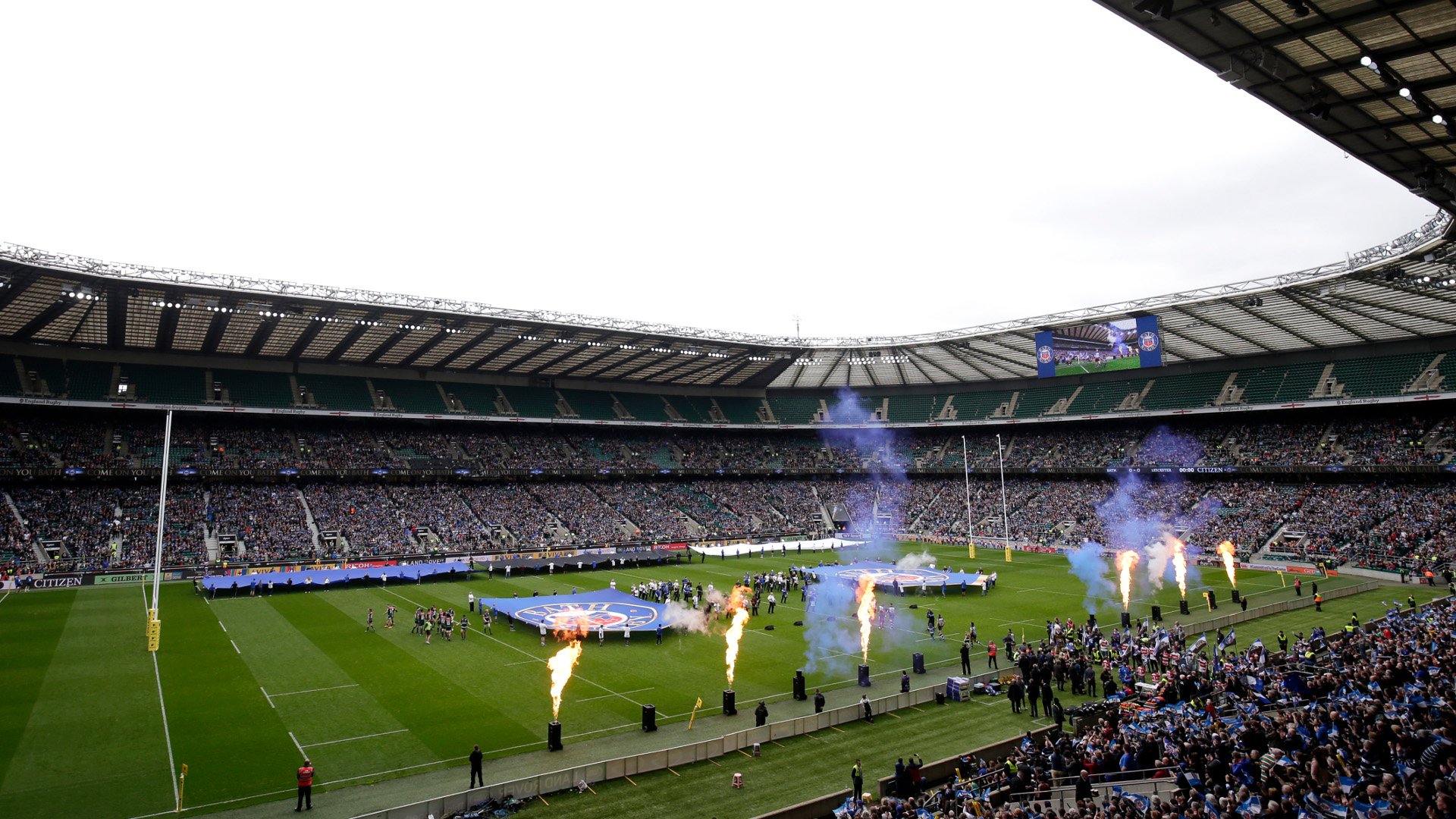RFU Chief makes abrupt departure to plunge organisation into chaos

The RFU Chief Executive Steve Brown is standing down and will be leaving the RFU at the end of the year. The timing comes as a shock less than a year before the start of the Rugby World Cup in Japan.
Brown has only been in the job a little over a year after replacing Ian Ritchie in September 2017.
Steve Brown joined the RFU in 2011, and has held a number of roles including Chief Financial Officer, Chief Officer Business Operations, and Managing Director of England Rugby 2015, before being appointed Chief Executive in September 2017.
His departure comes not long after the organisation made over 60 redundancies and had had a reported £30m overspend on Twickenham’s East Stand.
RFU Chairman Andy Cosslett said: “This is a sad day for the Union. Steve has made a huge contribution to the RFU during his time here. He has been a pivotal figure during a long period of sustained growth for the Union and, as Managing Director of the Organising Committee, played a key role in delivering Rugby World Cup 2015. Described by World Rugby as “the best World Cup ever” the success of the tournament returned a wonderful dividend for the RFU and left a lasting legacy. Steve’s tireless work ethic and selfless attitude has won him the respect of all who know him and the game will be extremely sad to see him go. Steve is a good man and a good friend to many of us. He leaves with our very best wishes and our sincere thanks.”
Steve Brown commented: “This has been a very difficult decision for me to make, and I informed the RFU Board earlier this week that the time is right for me to step down and take some time out. I’ve loved my time in rugby, and am deeply proud to have made a contribution to a sport I love. It has been a fascinating 7 ½ years, and a great honour to lead the RFU over the last 14 months. I am proud of the people who make the Union – including our hard working and committed staff and the brilliant volunteers who make the game. I’m sad to leave, but the Union is in good shape, with an excellent leadership team in place. I have always been a rugby fan, and always will be, and I wish all our England teams, coaches, and everyone involved with the game at all levels the very best for the future, which looks bright for the English game.”
Nigel Melville, Director of Professional Rugby will be the Interim Chief Executive of the RFU until a new Chief Executive is appointed and in place.
Watch: Eddie Jones and George Ford ahead of Japan Test.
































































